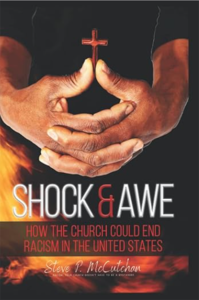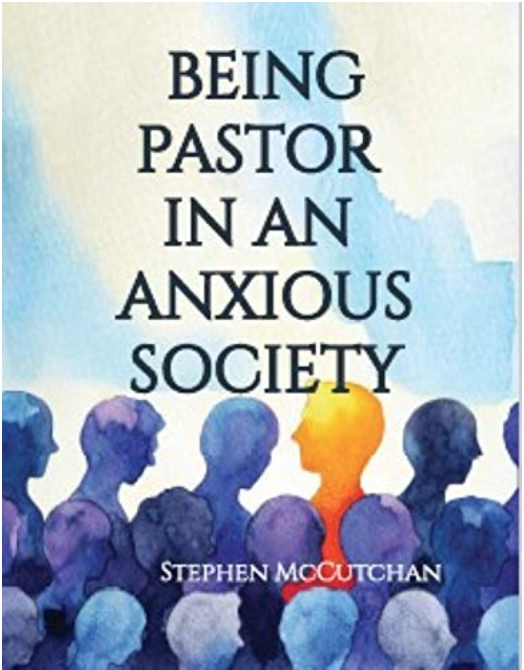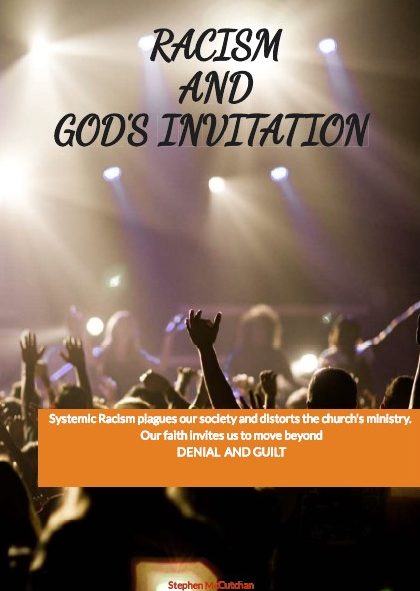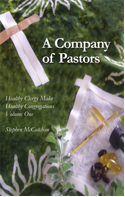MY BODY BEGINGS TO SHAKE
I’m silent as she holds me. Then the strangest thing
begins to happen. I feel the room begin to shake. We have
never had an earthquake in this section of the country
before. Then I realize that it is not the house that is
shaking. My body is shaking and I am sobbing.
After a few minutes, I begin to regain some control. “I’m
sorry,” I say. “If I need proof of God’s love for me, I
only have to recognize that God has given me you.”
“About 85% of the time I feel the same way,” she says.
At first I feel my insecurity rise up. Then I feel my
wife’s body shake as continues to hold me but giggle as
well.
I relax as she steps back. She looks at me for a second.
Alan, I want you to sit down and cooperate with what I’m
about to do.”
“Right here in the living room,” I say with a smirk on my
face.”
“Maybe later tonight, lover boy, but right now I have
another idea.” She takes out her Smart phone and begins
looking for a number.
A PHONE CALL
“Who are you calling?” I ask. I don’t want anyone else to
know about my imbecilic behavior.
“Just sit,” she says. “I’ll get you a glass of wine but I
also want to ask Phyllis to come over.”
Phyllis is a psychologist and good friend of my wife’s.
I start to object but Ariel is already on the phone.
“Phyllis, it’s Ariel. You know what we were talking about
yesterday?” She pauses and listens. “You were right and I
need you to come over right now. Don’t bother to knock,
just come on in.”
She clicks off and heads to the kitchen to get the wine.
As Ariel returns with a glass of wine, I start to object
to what is happening. “Ariel, I know Phyllis is a very
smart woman, but I am embarrassed enough about my
behavior. I don’t want . . .”
“Hush! I’ve seen this build up in you over the last
couple of years. I’m not about to sit by and let you be
torn apart any more without fighting back.”
“I’m just tired, that’s all. I promise I’ll take some
extra time off and get some rest. What do you mean,
you’ve seen it build up—what’s built up?
“Phyllis calls it secondary grief. Just hear her out,
Alan.
Before I can respond, in walks our neighbor. Phyllis is a
large woman, just under six-foot I’d guess. She has an
ageless quality but I’d guess she is approaching 60. I’ve
never seen her when she wasn’t wearing a professional
looking business suit but tonight she is dressed in a
blue sweat suit with a maize wolverine on it.
She sees me glance at the insignia and blushes slightly.
“It’s a gift from my granddaughter. She knows it drives
her UNC grandpa crazy.”
“Good to see you in informal clothes,” I say. “I can’t
remember seeing you in anything but a business suit
before.”
“It’s an authority thing,” she says and smiles.
“Ariel says you’ve been talking about something to do
with grief,” I say.
GOOD PASTORS ALSO FEEL GRIEF
“Alan, I know that you have been a good pastor at this
congregation for several years. During that time, I
imagine, you’ve helped a number of people through periods
of grief.
“Yeah,” I say but I’m sure my face shows the hesitancy I
feel. “I’m not sure what that has to do with me.”
“Let’s not start with you. Let’s start with what you know
about grief that makes you a good pastor,” Phyllis says.
“For example, what are the normal stages of grief that
people pass through?”
“I think the classic ones are denial, anger, bargaining,
and hopefully acceptance. It’s somewhat similar to the
stages people go through when facing death.” I don’t know
where this is going, but I feel myself relaxing a little
as we start talking about an area with which I am very
familiar.
“And when a person experiences deep grief,” Phyllis
continues, what are some of the effects on that person
both physically and emotionally.
“Physically it makes the person’s body more vulnerable to
breakdown,” I said.
“And emotionally,” she pressed.
“I’m not sure what the studies show,” I say, “but from my
experience, a people becomes more isolated, selfabsorbed,
and they lose perspective as well as emotional
control.”
“I agree, Alan. I’ve watched some of my clients who try
to absorb the grief and not work through it, occasionally
act in ways that are directly contradictory to their
normal character.”
“Wait a minute,” I say, suddenly being aware of where
this conversation is going, “I am not experiencing grief.
I’ll admit that I have been working too hard, and, yes, I
did lose some emotional control this evening, but it is
nothing that a couple of good night’s sleep and maybe an
extra day of vacation won’t cure.”
Ariel comes over and sits beside me, squeezing my leg
gently. “Alan, Phyillis has been doing some research on
the secondary grief that surgeons experience in their
practice. The other day she and I were discussing some
parallels in the ministry.”
“OK, OK,” I say, holding up my hands in a sign of
surrender. “If you’ll join us in a glass of wine, I’ll
play along. Lord knows I acted like a complete idiot when
I came home tonight. Maybe exploring your theory will be
good for me.”

































